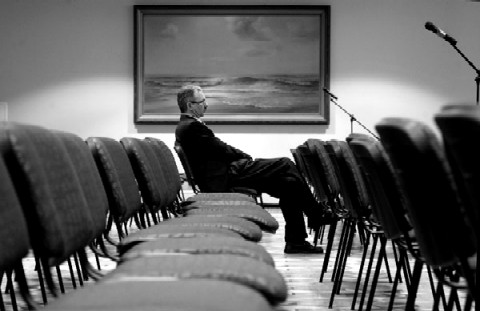Recent Developments in the EU Telecom Policy Front

Joeri inform us on his blog in FTTH Council Europe web site about the Council’s comments on the recent public consultation on Next Generation Access networks issued by the Commission in October. FTTH Council has made public the document which can be downloaded here . I would like to point out a couple of things that stand out from the Council’s recommendations, in my own interpretation:
- A document providing an overview of the Commissions overall strategy and plans is required as the numerous initiatives of the Commission on several premises and the numerous consultation rounds bring confusion to stakeholders.
- In-building wiring is a major pre-requisite for successful cost effective FTTH deployments. The Council further proposes over engineering of fiber infrastructure inside the buildings to enable competition and the use of alternative technologies.
- Attention is required for the future decommission of copper and its replacement with fiber. Current universal service obligations for standard telephony mandates the deployment of copper to all new housing, which must not be obligatory
- Significant Market Players is the cornerstome of the existing and the planned regulatory framework. However, a careful definition of SMP for next generation networks is required as FTTH networks are just now growing in coverage and geographical particularities may require addressing geographical markets independently.
Last and not least, broadband Universal Service Obligation has to be addressed if not mandade even in the longer term for FTTH deployment to underpin EU strategic goals in Information Society and to successfuly enlarge EU role in the global economy.
On a different front, only a week before ministers discuss the by-now famous telecom package, Commissioner Reding stated that she will not hesitate to withdraw completely the package if a deal is not to be made. She said that no deal is preferred over a bad deal. Get more info on this at EurActiv . If you recall, the Commission tried to establish a full power central regulatory body with increased authority over domestic regulatory affairs. The plans weren’t accepted and Commission agreed to come back with an alternative plan for a central European regulatory/advise group with veto rights on regulatory measures of each state’s regulator. Moreover, the Commission pushes towards the use of free frequencies by broadband internet providers rather than broadcasters. An analogous discussion is going on for quite some time on the other side of the Atlantic as well with code name “White Spaces“.


